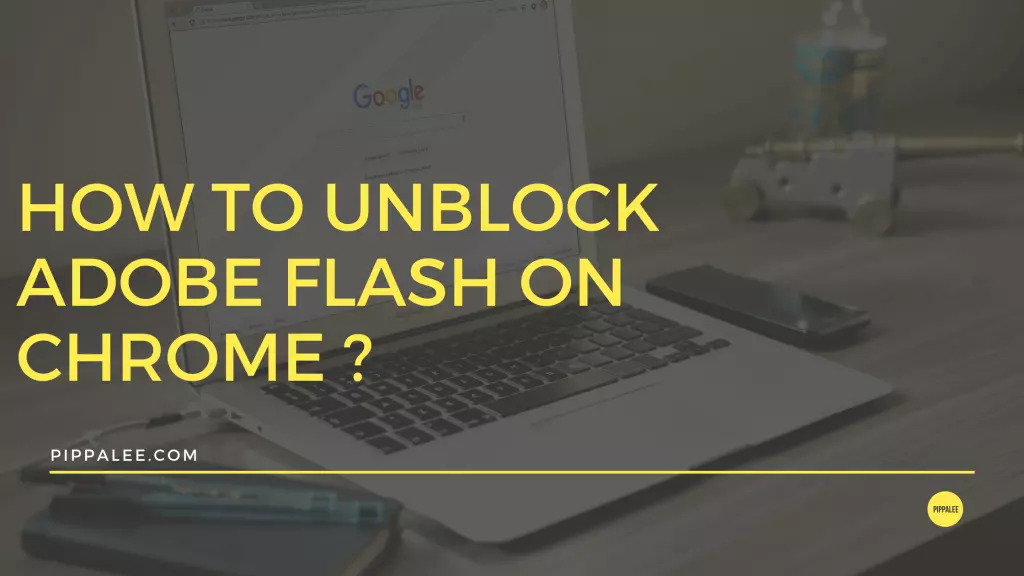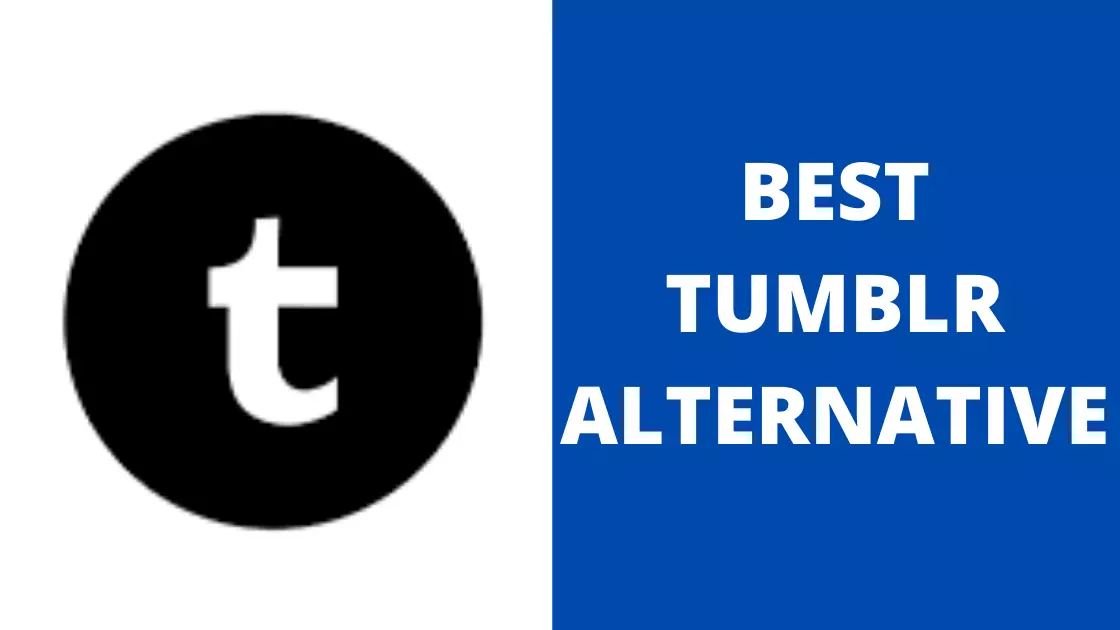The process of improving the quality and quantity of search engine traffic to a website or a web page is search engine optimization (SEO).
SEO marketing is a strategy aimed at increasing your online visibility in unpaid search engine results. Both technical and creative elements are used to increase search engine rankings, drive traffic, and raise awareness.
The amount of traffic that a website receives represents a company’s online success. It’s also a customer behavior predictor that can help you design a marketing strategy that will boost your search engine ranking.
If you do SEO right, you’ll see a rise in traffic, which will lead to more conversions, better lead creation, and more revenue. And every business wants more visitors, leads, and revenue. Increasing your internet presence and unpaid traffic is the first step toward SEO success.
Video SEO is the process of editing videos for them to be indexed and ranked in search engine results pages for relevant keyword searches.
How do you ensure that your website gets good traffic in a world with 1.24 billion websites? We discuss some expert Expert SEO Tips To Drive Traffic For Your business.
10 Expert SEO Tips To Drive Traffic For Your Business:
Meta Description:
In search engine results, a meta description shows below the title. When Google serves your content to users, the meta description is the first portion they will see.
This is a user’s first impression, and first impressions are important.
Create unique and relevant meta descriptions for each of your website’s pages. There’s a greater possibility of people accessing your website if you have a solid and short meta description, and it’s also helpful for SEO.
URLs:
A URL, or Uniform Resource Locator, is a web page’s address. They are an effective way of informing a potential site visitor about the content of a page. Wherever links are shared, appropriate usage of URLs can assist boost click-through rates. Shorter URLs are also more user-friendly and easier to distribute.
If users can’t read or comprehend your URL, search engines are likely to be puzzled too, so ensure your URLs sound right.
In URLs, use hyphens, use 2-4 words, and avoid capital letters.
Keywords:
When it comes to broad keywords, there is a lot of competition there, so you’ll need to give something extra to stand out. Lengthy keywords that are relevant to the topics are required. This is because a lengthy keyword helps people find what they’re looking for better than a short one.
Optimize Images & Videos:
Google devotes a whole portion of its search engine results to photographs, demonstrating how important images are to the search engine. Images liven up a web page by adding color and making it less monotonous.
But a search engine can not identify the content of a photograph. It is important to use text alongside the image to add value to the page. Enhance the photos by including explanations, alt tags, and titles for an improved search engine ranking. Use the “alt text” option to give search engines a description of your photographs so they can figure out what they’re about.
When you edit videos , add video transcripts to make them more accessible to a wider audience. When there is more text on the page, it makes your films more scrapable by search bots.
Backlinks:
Backlinks are an advertisement for a website for a search engine. Adding your website to internet directories will increase traffic to your site. It involves including a link to your website in the description of your company in an e-directory. Additionally, a guest blog on another website with a backlink to yours will increase traffic.
To attract traffic and improve your SEO ranking, keep your data on these sites up to date.
Website Speed:
Google will rank fast-loading sites higher than slow-loading sites because they give better user experiences. Slow websites put visitors off. Page speed is a vital aspect of SEO, so remove everything that wears down your site.
Google Page Speed Insights is a fantastic place to start when measuring website load times.
SSL Certificates:
SSL certificates (Secure Sockets Layer) are a type of website security. They are brief data files that are downloaded on a web server and activate a padlock, allowing a secure connection between the web server and a browser.
A search engine needs to have an SSL certificate. An SSL certificate essentially converts your website’s “HTTP://” to “HTTPS://,” making it more secure and trustworthy. The certificate is important if you want a web browser to acknowledge you.
Consistency:
One of the elements that affect your originality rating and ranks for that particular page is consistency. Create and share content frequently or follow a timetable to boost your results.
To stay in excellent rankings, try to publish 2-4 blog posts per week. Remember, Google evaluates the originality of your material based on the date you created it, the regularity with which it is updated, and the number of new pages it contains.
Mobile Friendliness:
According to Google, mobile searches outnumber desktop searches in ten nations, which include Japan and the United States. Your site needs to be mobile-friendly to take advantage of this expanding trend.
Link Building:
By linking other reputable websites, your website becomes a more relevant and meaningful resource. Any search engine marketing plan must include link development.
It works both ways: if you want other authoritative sites to link to your site, show your readiness to collaborate by linking from your material.
Conclusion:
Using SEO when you make videos is an effective way for your company to increase traffic and leads to your website. The tips above can be implemented easily in order to boost your SEO ranking and enhance overall performance. Remember, you will get considerably more credible leads for your company if you have a great SEO strategy






